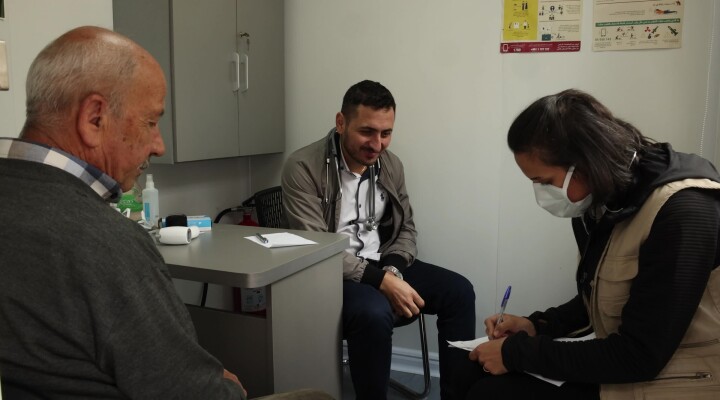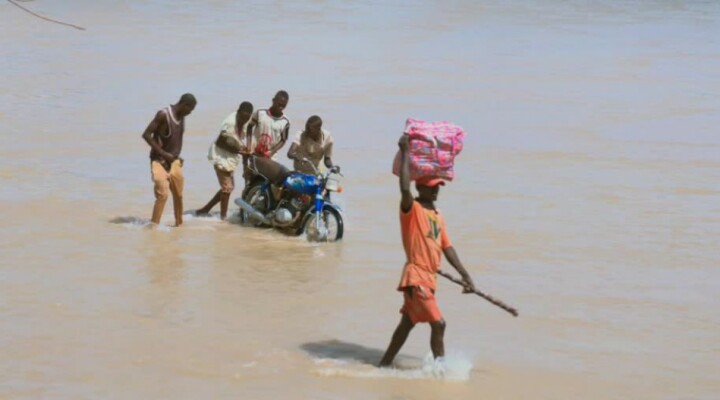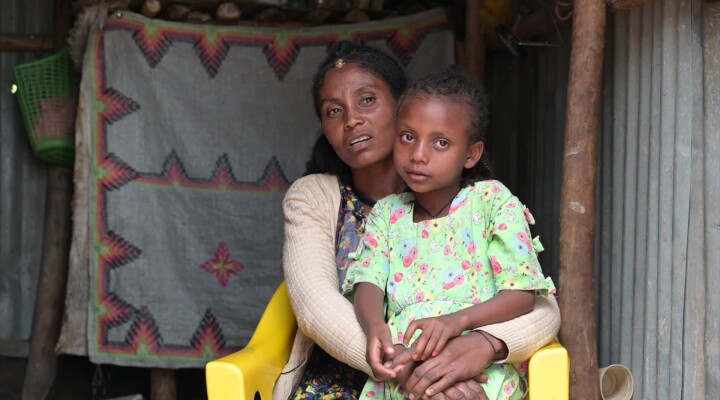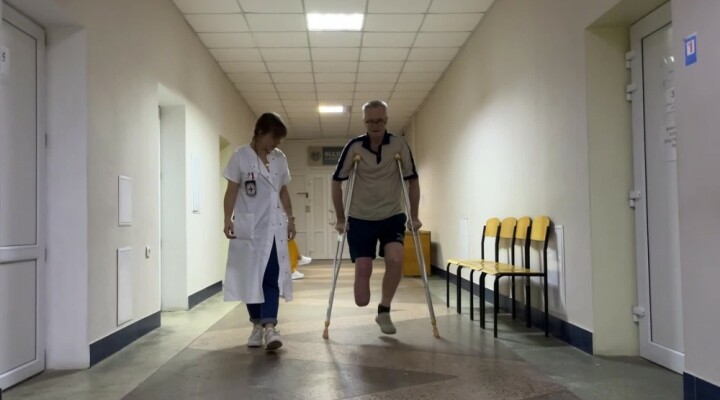Record Global Appeal
The International Committee of the Red Cross has launched a record appeal to cover its response to increasingly complex humanitarian needs worldwide. The Geneva based organisation is calling on donors for 1.047 billion Swiss francs for field operations - a 12 percent increase on the 2010 budget.
"This reflects a wider access and commitment to an improved response to many of the needs of women, children, and those detained and displaced in armed conflicts worldwide. But also a desire to improve our response in other situations of violence, such as state repression, inter-communal or urban violence", says Pierre Krähenbühl, ICRC Director of Operations.
For the first time the ICRC intends to simultaneously run four different operations at an annual cost of over 80 million Swiss francs each and nine with annual budgets in excess of 40 million Swiss francs each.
For the second year running, Afghanistan will be the biggest and most costly humanitarian operation, accounting for an expected expenditure of more than 89 million Swiss francs.
According to Pierre Krähenbühl, this underscores the ICRC's commitment to meeting the acute medical needs of countless war casualties and providing aid to vast numbers of people displaced within the country. Other major operations include Yemen, Iraq, the Democratic Republic of Congo and the Central African Republic.
The ICRC says the size of its field budget is an indication of the ever more complex humanitarian needs it is addressing. These include meeting acute food, water or medicine shortages as well as dealing with the indirect affects of hostilities such as the long term lack of health care and employment and the need to strengthen the capacity of vulnerable communities to cope.
AFGHANISTAN
The number of war casualties taken to Mirwais Regional Hospital in Kandahar hit record highs in 2010. The hospital in southern Afghanistan, supported by the ICRC, registered close to 1000 patients with weapons related injuries in August and September, almost twice as many as in the same period last year.
However, the numbers of patients indirectly affected by war is far higher. On some days up to 600 people from all over the region come to the hospital for treatment for all sorts of injuries, infections and diseases. Many of them are children suffering from tetanus, measles and tuberculosis - diseases easily prevented with vaccines but their mothers often bring them to the hospital too late because they are afraid to travel or held up by roadblocks. Afghanistan has one of the highest death rates in the world for children under 5.
CENTRAL AFRICAN REPUBLIC
In the CAR, one of the world's least developed nations, the security situation in the East has deteriorated, since the beginning of 2009. Incursions by armed groups have wreaked havoc on the civilian population, generating widespread fear and anxiety.
In the town of Obo, the population has doubled due to the armed violence and lack of security. Many of them live in shelters on the outskirts, too terrified to return to their villages. Sorovo Sarvatoriopal fled his village with his family in mid 2009. His wife and her sister were murdered as they searched for food. Like thousands of other families, he receives food, seeds and tools from the ICRC so he can feed his seven children, cultivate a few crops and gradually get back on his feet.
SHOTLIST ATTACHED



